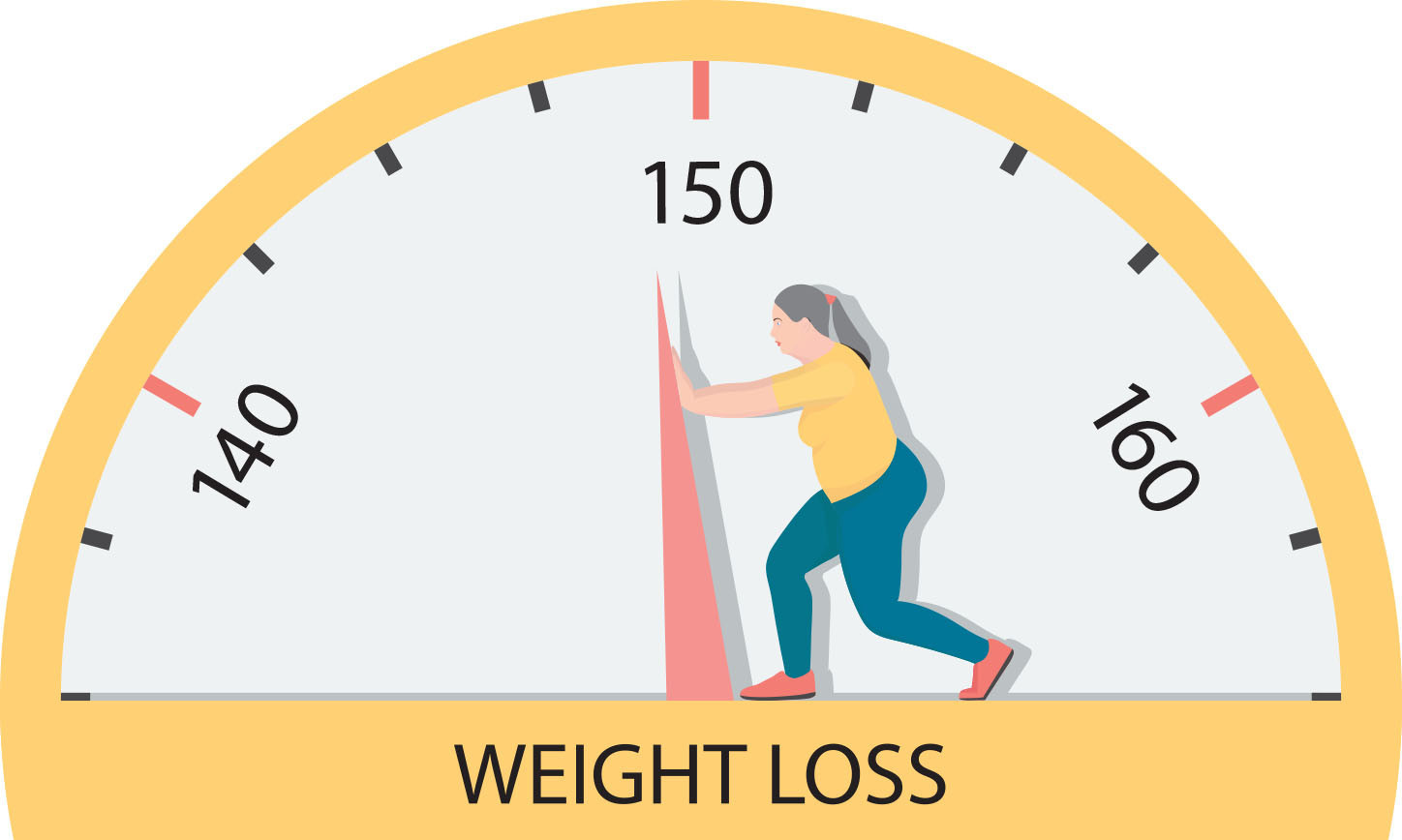
Can white noise really help you sleep better?

Celiac disease: Exploring four myths

What is prostatitis and how is it treated?

What is Cushing syndrome?

Exercises to relieve joint pain

Think your child has ADHD? What your pediatrician can do

Foam roller: Could you benefit from this massage tool?

Stepping up activity if winter slowed you down

Common causes of cloudy urine

Dragon fruit: How to enjoy this antioxidant-rich fruit
Stress Archive
Articles
Protect your brain from stress
Stress management may reduce health problems linked to stress, which include cognitive problems and a higher risk for Alzheimer's disease and dementia.
Image: © iMrSquid/Getty Images
It's not uncommon to feel disorganized and forgetful when you're under a lot of stress. But over the long term, stress may actually change your brain in ways that affect your memory.
Studies in both animals and people show pretty clearly that stress can affect how the brain functions, says Dr. Kerry Ressler, chief scientific officer at McLean Hospital and professor of psychiatry at Harvard Medical School. Scientists have seen changes in how the brain processes information when people experience either real-life stress or stress manufactured in a research setting. (For the latter, researchers might challenge subjects to perform a difficult task, such as counting backward from the number 1,073 by 13s while being graded.) Either type of stress seems to interfere with cognition, attention, and memory, he says.
How meditation helps with depression
A regular practice can help your brain better manage stress and anxiety that can trigger depression.
Image: © skynesher/Getty Images
Depression continues to be a major health issue for older adults. It affects about 20% of adults ages 65 and older, and regular depression can lead to higher risks for heart disease and death from illnesses. It also affects people's daily lives by making them more socially isolated and affecting cognitive function, especially memory.
In fact, a study of 1,111 people (average age 71), published online May 9, 2018, by Neurology, found that those who had greater symptoms of depression also had worse episodic memory — the ability to recall specific experiences and events.
The power of forgiveness
The REACH method teaches how to overcome lingering bad feelings toward someone who did you wrong.
Almost everyone has experienced being wronged by someone. It could be a former co-worker, friend, or family member. But hanging on to those negative feelings can do great harm to your health.
"Forgiving a person who has wronged you is never easy, but dwelling on those events and reliving them over and over can fill your mind with negative thoughts and suppressed anger," says Dr. Tyler VanderWeele, co-director of the Initiative on Health, Religion, and Spirituality at the Harvard T.H. Chan School of Public Health. "Yet, when you learn to forgive, you are no longer trapped by the past actions of others and can finally feel free."
Music to your health
The soothing and motivational sounds of music have far-reaching health benefits.
A favorite musical tune can stir up positive memories, boost your mood, and create a soothing, relaxing setting. But used in specific ways, music also is a valuable tool for supporting your health.
"Whether you need to relax, increase your energy, improve your thinking, or just get motivated for the day, music can provide extra support when you need it the most," says Marisabelle Diaz-Falcon, a music therapist with Harvard-affiliated Massachusetts General Hospital.
Will these surprising factors really raise your blood sugar?
Learn what will and won't increase blood sugar levels and put your health in jeopardy.
It's essential to keep your blood sugar from spiking (rising suddenly), whether you're healthy or you're among the 122 million Americans who have diabetes or prediabetes. But with all the conflicting advice in circulation, it can be hard to figure out what foods and habits you need to avoid.
Bogus claims
On the Internet you'll find many reports of factors that purportedly increase blood sugar. Here are a few claims that you should know about because they just don't hold up.
3 simple strategies for stress relief
As we wade through our daily lives, stress is almost impossible to avoid –– particularly these days. Instead of enduring stress and letting it engulf you, try one or more of these three easy strategies to relieve it.
Tips to keep lost weight off in the New Year
Work with your body, not against it, for long-term weight maintenance.
For many people, their New Year's resolutions include some sort of weight-loss goal. However, while extra pounds often come off, evidence shows they rarely stay off. Among overweight or obese people who are able to lose 10% of their body weight, just one in six is able to maintain the weight loss for at least a year.
Experts say it's not surprising that weight loss rarely sticks, considering what they now know about how the body works. "Most people believe that obesity is caused by overeating, while we now recognize that the main driver of obesity is one or more disruptions in the body's normal regulation of the amount of fat we maintain," says Dr. Lee Kaplan, an associate professor of medicine at Harvard Medical School and director of the Obesity, Metabolism, and Nutrition Institute at Massachusetts General Hospital.
We’re supposed to make resolutions now?
After everything that has happened in 2020, making New Year’s resolutions might be too much to expect of many. Setting goals for the coming year seems like too much to ask right now. Is it okay to just give yourself a break this year? Or is there another way of looking at the whole situation?
Choosing joy during difficult times
As this year’s challenges and stressors have piled up, many people have found it increasingly difficult to find any joy in their lives. A good portion of our happiness is related to our own attitudes and actions, and the actions of others can show us how to find contentment, happiness — even joy— in the most difficult of times.
Obesity is still on the rise among American adults
Research we're watching
American adults are gaining weight, according to data from the CDC. Twelve U.S. states now have obesity rates of 35% or higher, compared with just six states in 2017 and nine states in 2018. Experts say the trend is particularly concerning because adults with obesity are more prone to severe outcomes from COVID-19.
According to the CDC report, racial and ethnic minority groups are disproportionately affected by obesity. Prevalence rates nationwide were

Can white noise really help you sleep better?

Celiac disease: Exploring four myths

What is prostatitis and how is it treated?

What is Cushing syndrome?

Exercises to relieve joint pain

Think your child has ADHD? What your pediatrician can do

Foam roller: Could you benefit from this massage tool?

Stepping up activity if winter slowed you down

Common causes of cloudy urine

Dragon fruit: How to enjoy this antioxidant-rich fruit
Free Healthbeat Signup
Get the latest in health news delivered to your inbox!
Sign Up











